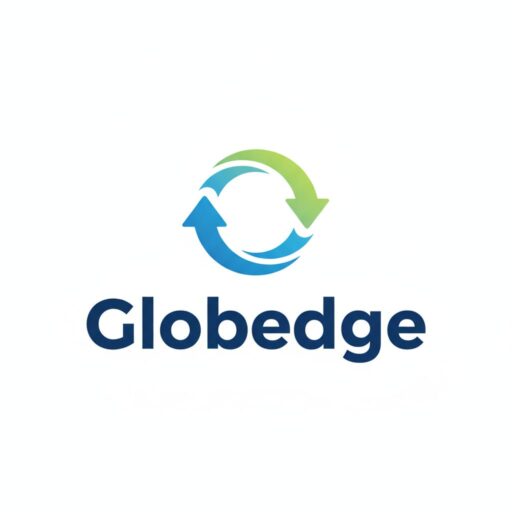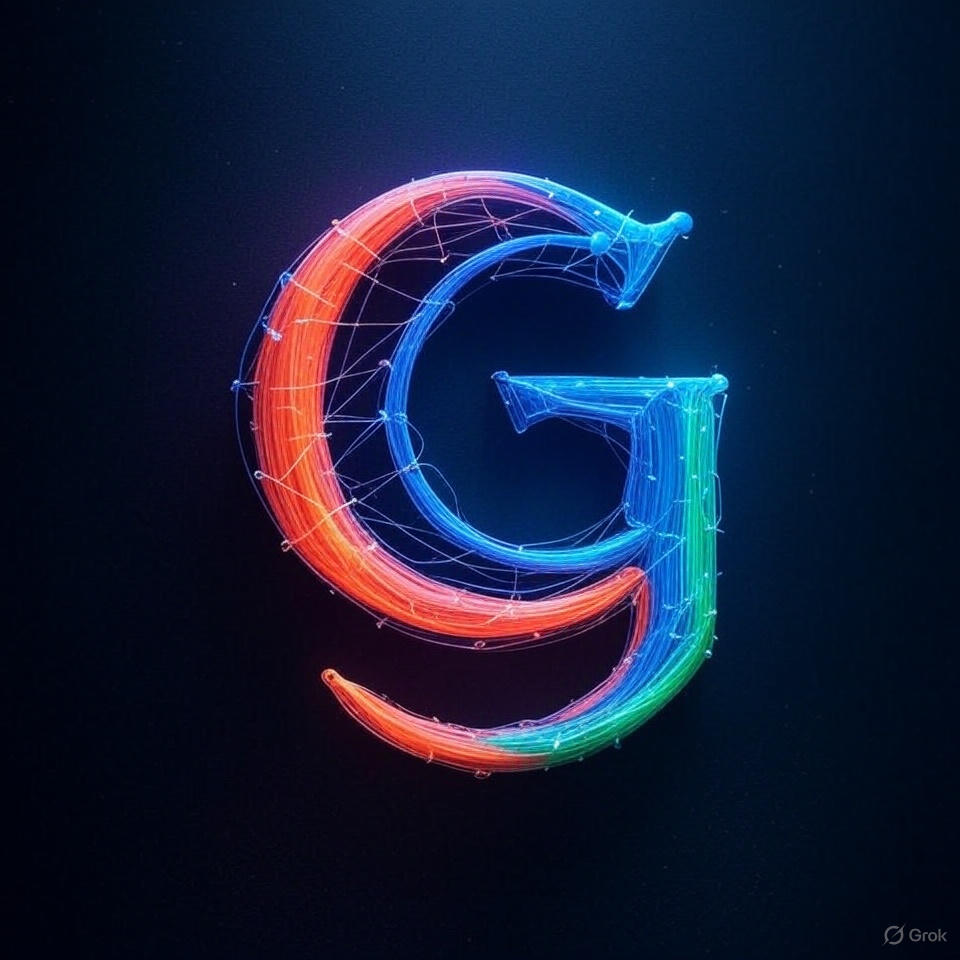As the EU’s Artificial Intelligence Act unfolds, major tech players like OpenAI and Google are actively adapting their policies and operations to meet the EU’s sweeping AI standards especially around transparency, high risk systems, and general purpose AI (GPAI). Meanwhile, not all companies have formally endorsed the EU’s voluntary frameworks.
Open AI’s Compliance Commitments
- Data residency in Europe: In early 2025, OpenAI launched European data residency measures for ChatGPT Enterprise, ChatGPT Edu, and its API, ensuring user data stays within EU jurisdictions to meet sovereignty and compliance requirements (PYMNTS.com).
- Signing the Code of Practice: OpenAI joined other key industry actors in signing the EU’s voluntary Code of Practice for General Purpose AI helping define best practices around transparency, copyright compliance, and user notice obligations under the AI Act(Globedge).
- Clarifying prohibited uses: OpenAI has updated its usage policies to align with Article 5 of the AI Act, explicitly banning practices such as subliminal manipulation, social scoring, and targeting vulnerable groups ensuring its service contracts restrict unlawful high risk behavior (OpenAI Help Center).
Google Signs On Despite Reservations
- Endorsing EU Code: Google recently pledged to sign the EU’s AI Code of Practice, signaling support for the bloc’s regulatory vision, even as it voiced concerns over possible stifling of innovation, trade secret exposure, and conflicts with copyright law (Reuters).
- Voice of caution: Alphabet’s Kent Walker emphasized that while Google supports secure, transparent tools for Europe, they will continue feedback efforts to ensure the code despite being voluntary remains aligned with broader competitiveness goals (Mitrade).
Diverging Tech Industry Reactions
- Meta declines to sign: Unlike OpenAI or Google, Meta refused to subscribe to the Code of Practice. Meta argues that the code introduces legal uncertainties and far exceeds the scope of the AI Act, raising compliance challenges and innovation barriers for developers (IT Pro).
- Industry pressure for delay: Some tech firms and European businesses have called for a two year delay in the AI Act’s full implementation, citing the lack of finalized guidance the EU instead reaffirmed its timeline and regulatory resolve (Reuters).
How These Firms Are Changing Their Policies
Transparency & Governance
- OpenAI is actively engaging with the EU AI Office and authorities, and has embedded transparency into its operations from documentation of training data to human oversight procedures even before the AI Act’s GPAI obligations take effect in August 2025 (OpenAI).
Risk Assessment & Internal Controls
- Compliance frameworks are being strengthened, including internal risk audits, bias testing, and cybersecurity protocols areas where OpenAI and others faced scrutiny in independent assessments of their readiness (Protegrity).
Training Data & Copyright
- Under the Code of Practice, providers must comply with EU copyright law, disclose sources for training data, and prevent unauthorized use. OpenAI and Google have stated their willingness to adapt content sourcing policies accordingly to align with these standards (Technology Magazine, Globedge).

Broader Significance & Implications
- Extraterritorial impact: As with GDPR, the EU AI Act affects any company offering AI services to EU users. By aligning early, OpenAI and Google position themselves for smooth operations, avoiding fines (as high as €35 million or 7% of global turnover) and reputational risks (Protegrity).
- Global standard setting: The EU’s AI regulatory regime could become a template for global policy. OpenAI’s and Google’s compliance may push other global providers and even non EU countries to follow suit (Investopedia, Wikipedia, Artificial Intelligence Act).
Summary
In response to the new EU AI Act, OpenAI has proactively enhanced European data residency, signed the Code of Practice, and embedded AI Act aligned safeguards in its technology policies. Google, while expressing concerns, has also signed the Code, positioning itself as a pro‑regulation player but with visible pushback on areas that might limit innovation or intellectual property. In contrast, Meta has opted out, highlighting diverging corporate strategies.
OpenAI’s and Google’s early adoption of EU-aligned policies signifies their recognition of the AI Act’s global reach and the strategic imperative of compliance for future access to the European market. Their actions may well help define the standards for trustworthy, lawful, and transparent AI use worldwide.

